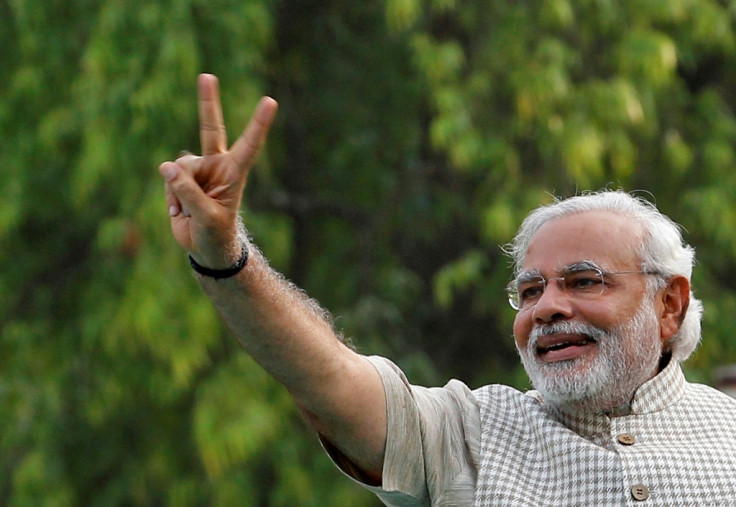UK Exporters get £1bn Boost for Indian Infrastructure Projects

UK Export Finance, the government's support body for exporters, is to provide £1bn in loans and guarantees for Indian infrastructure projects.
The news was announced as part of George Osborne's trade mission to the country. The fund will allow Indian companies to either borrow from or borrow against guarantees from UKEF, in turn purchasing products and services from UK companies.
The model is commonly used by UKEF's peers around the world, but the UK agency has only recently started competing on this front.
It comes in addition to the £3bn of export credit the chancellor announced in his Budget 2014 and is expected to be used in projects on India's road and rail network along the Bengaluru-Mumbai Economic Corridor.
Osborne said: "Frankly, Britain does not export enough. It's one of the disappointing features of the British economy. I want us to do much more business with this extraordinary economy here in India, exporting more, [and] trading more."
The two countries have also agreed to collaborate on stopping tax evasion by beginning an automatic exchange of tax information from 2017.
A joint statement from the pair read: "We reiterated our commitment to preventing the misuse of legal persons and legal arrangements, and will continue to support the G20 leading by example, through effective implementation of the Financial Action Task Force (FATF) standards on beneficial ownership."
Osborne, along with Foreign Secretary William Hague, has spent the early part of the week in India and the pair met new Indian Prime Minister Narendra Modi on Tuesday.
They were criticised however for agreeing the sale of military exports to India, which they defended in a statement, saying: "We want our defence and aerospace companies to help bring India more cutting-edge technology, skills and jobs."
© Copyright IBTimes 2024. All rights reserved.






